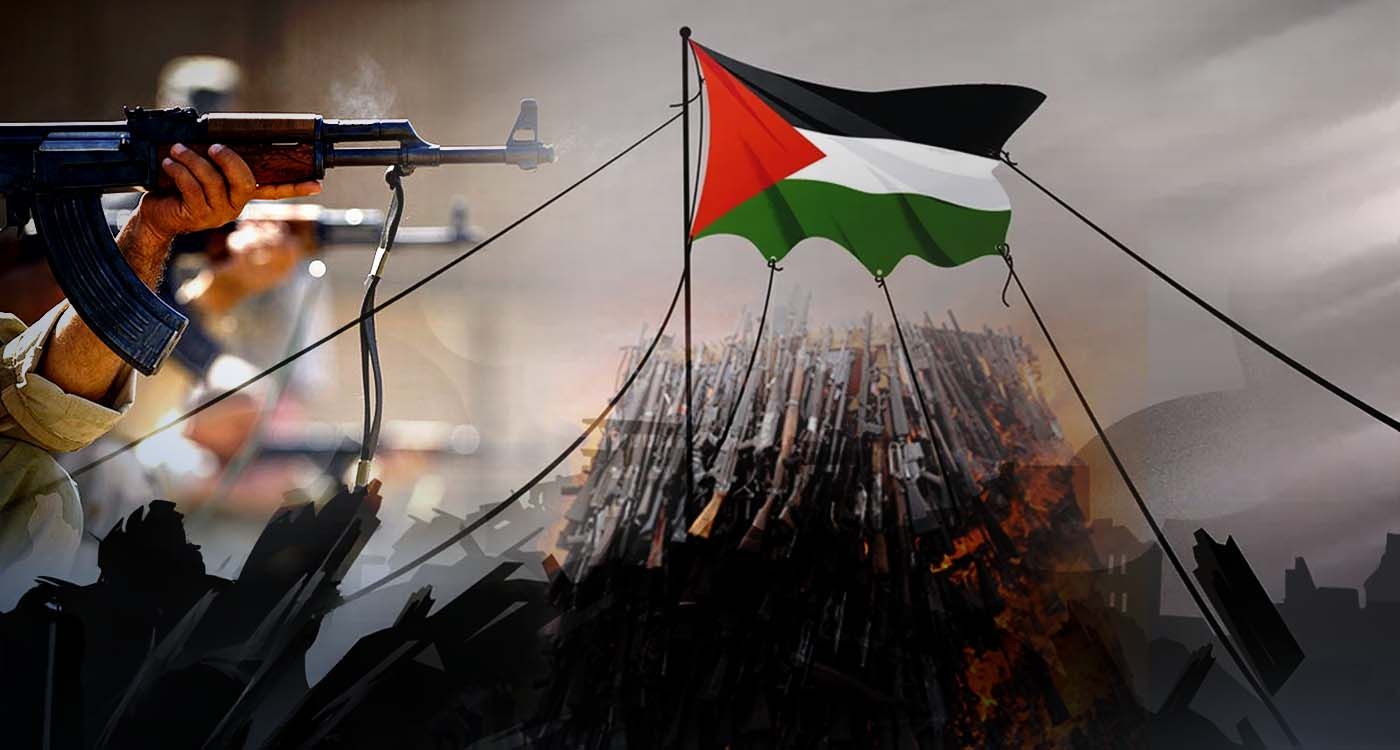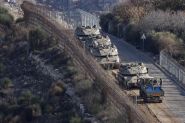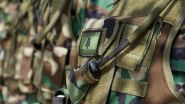
There is no reason the Shatila refugee camp should remain off-limits to the Lebanese state, not when the same state pledges to disarm Hezbollah.
The killing of Elio Abu Hanna by Palestinian gunmen in Beirut’s Shatila refugee camp this past weekend is not just another crime. His murder is a serious test for a Lebanese government dragging its feet on its commitment to disarm Hezbollah and other militias. There is no reason the Shatila refugee camp should remain off-limits to the Lebanese state, not when the same state pledges to disarm Hezbollah, a force far more powerful than Palestinian militias.
Abu Hanna’s murder exposes a state seeking to prove to the international community that it can control weapons and maintain security. What prevents Lebanon’s army and security services from conducting a decisive operation to impose order in Shatila? Why are Abu Hanna's killers still free? Why do drug dealers operate with impunity in the Palestinian camp? Why? The answers to these questions also answer Washington’s inquiries on what is taking Lebanon so long to disarm Hezbollah. Lebanon’s leaders are not serious enough about disarmament.
This week, U.S. Deputy Special Envoy to the Middle East Morgan Ortagus met with Lebanese leaders in Beirut to stress the urgency of disarmament and the need to open talks with Israel. Yet it was as if she were speaking in vain to people who hear but refuse to listen. Her boss, Tom Barrack, postponed his visit to Lebanon, reportedly discouraged by Beirut’s inaction on both fronts.
If the government wants to be taken seriously about disarming Hezbollah, it should first act decisively to confiscate illegal weapons proliferating in Palestinian refugee camps. It should immediately deploy all available security forces to prevent Palestinian gunmen from claiming more victims. Theatrical gestures—confiscating a truck here or a hunting rifle there—will not suffice. Lebanon’s leaders need to convince the public that they are safeguarding its security. While their statements proclaim sincere intentions to tackle non-state arms, reality on the ground tells a different story. Abu Hanna’s murder proves it.
For three decades, the weapons in the Palestinian camps have done nothing to “liberate Jerusalem,” exposing the hollow claims of militias who say they fight for refugees’ return. Instead, these arms have fueled Palestinian feuds that erupted in brutal battles within the camps. They have been used by terrorist groups outside the camps. If the Lebanese state fails to confiscate these weapons, then it should be held accountable for Abu Hanna’s murder, not just the gunmen who killed the young Lebanese man.



Comments